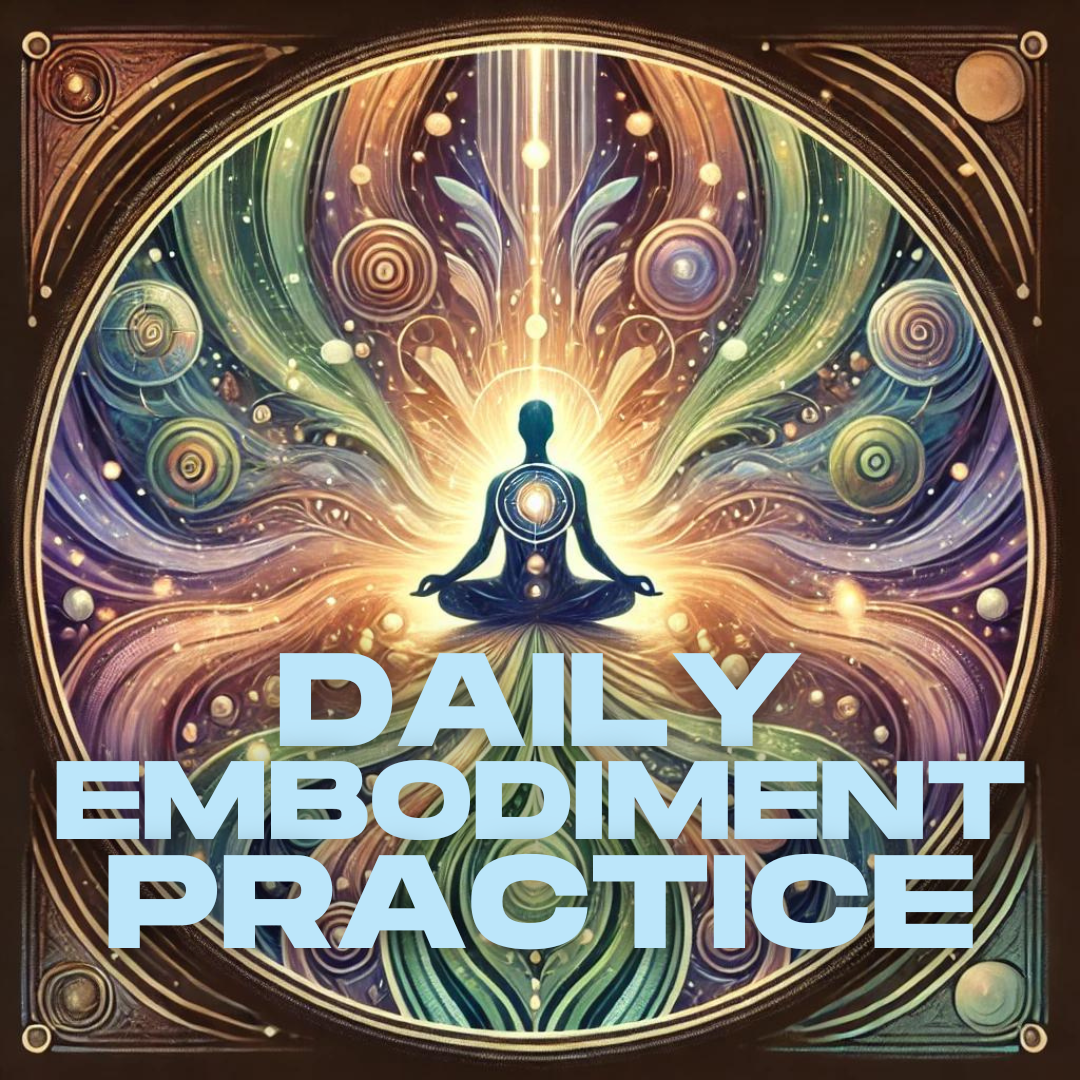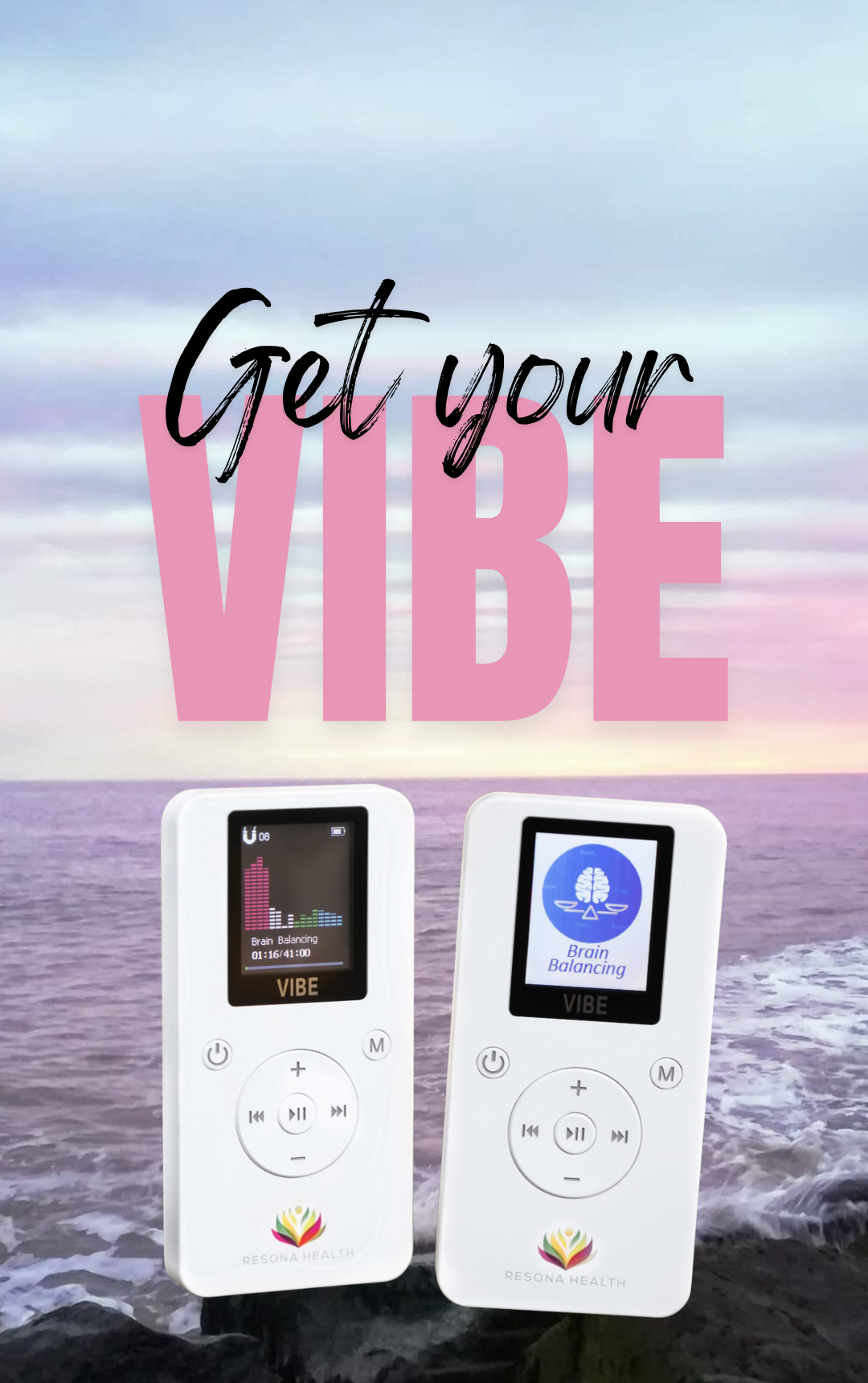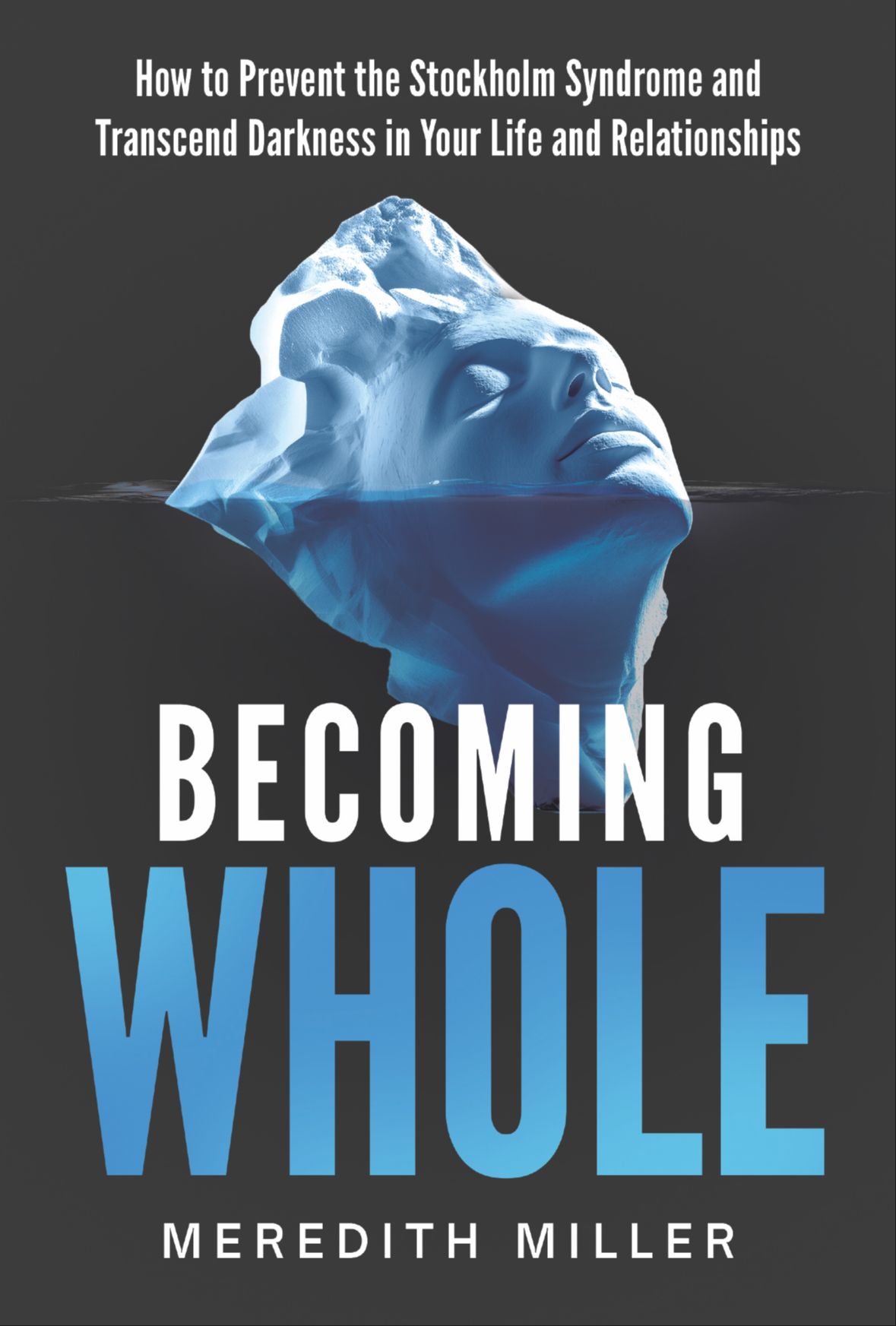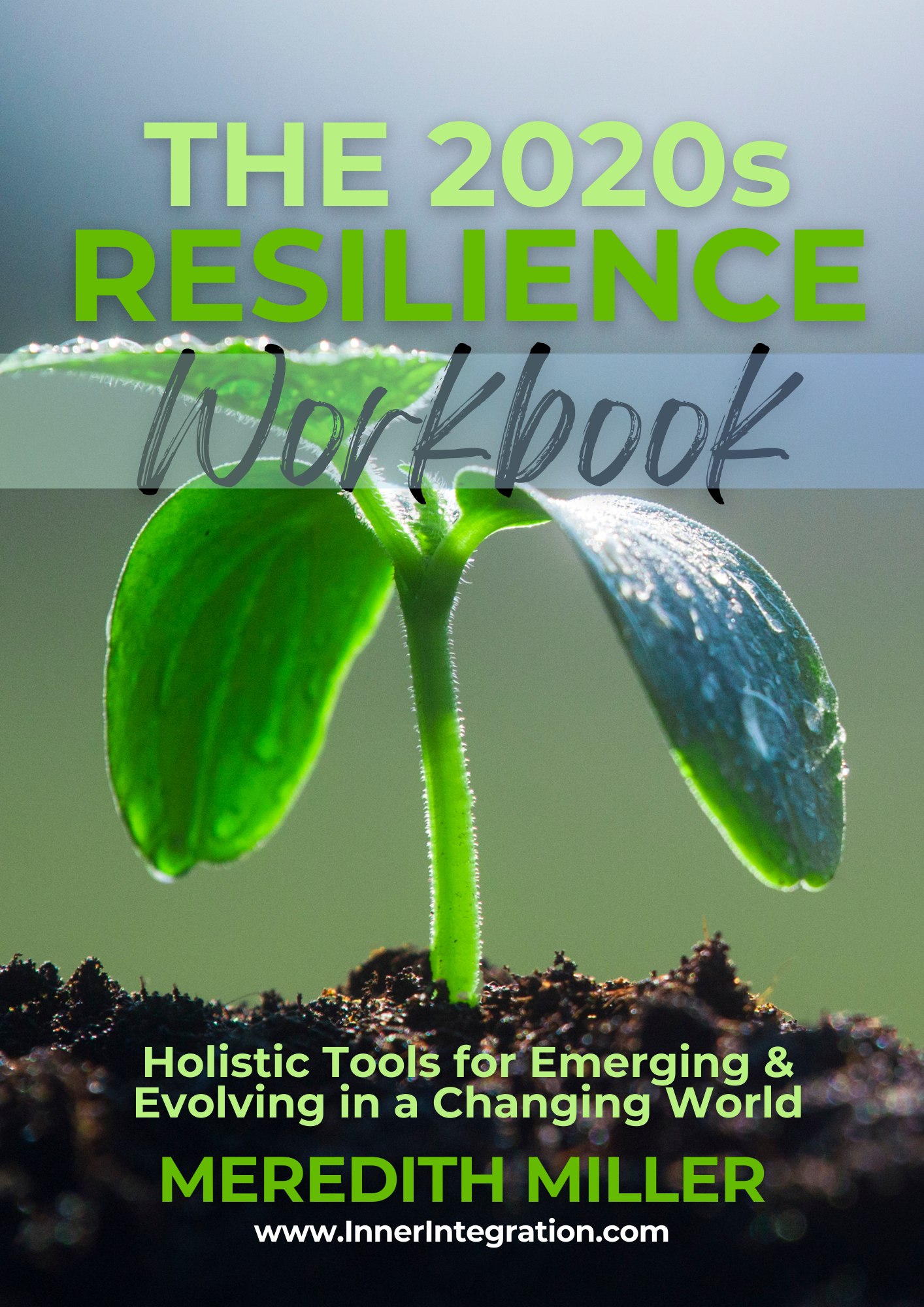Boundaries, Boundaries, Boundaries!

Boundaries are a very important area of self-care in the recovery process from narcissistic abuse.
Surely your boundaries were destroyed in that relationship. If you grew up with a narcissist or other abuser, you might have never learned how to set boundaries, or even that you have the right to have them.
I can assure you, you most definitely have the right to have boundaries!
When you're just starting to work on setting boundaries and enforcing them, the most basic boundary to start with is saying NO. It can be very difficult to get comfortable saying NO so you're going to have to lean into that discomfort if you want things to get better.
Saying NO is also a great litmus test to identify a toxic person.
When people choose not to hear your NO, they are trying to control you.
This boundary of NO is important to repel predators, abusers, and manipulators. They are looking for a person who will allow them to be in control. It starts slow and seemingly innocuous but it will escalate quickly if you enter into negotiations on your boundary of NO.
Those of us who grew up with a narcissistic parent learned we didn’t have the right to say NO and that set us up for further abuse as adults. Now it’s time to take back the power of NO!
“No is a complete sentence.” ~Gavin DeBecker (The Gift of Fear)
Here's a video I made on that topic:
You might also notice how the abuser used your empathy and compassion against you. There's nothing wrong with being empathic and compassionate, these are wonderful human qualities! The only issue is that you need to be careful with your boundaries around your compassion and empathy, otherwise manipulative people will take advantage of you.
This video was a Q&A about when compassion becomes toxic. The person asked me: "Hi Meredith, my question relates more towards still feeling empathy for really abusive people and how that can keep you stuck in relationships with them or even simply ruminating about them long after the relationship has ended. How do we let go of people that have physically, sexually and/or emotionally abused us if we're too busy thinking about how THEY feel? It almost seems like feeling compassion in these situations is hurtful/harmful to oneself."
If you can relate to that feeling, check out this video:
I also want to share with you this podcast episode on Boundaries: Setting Limits with Manipulative People:
Boundaries protect you physically, emotionally, mentally and spiritually. A lack of boundaries means that people are using, manipulating and hurting you. Your self-worth is very connected to your ability to set and enforce your boundaries. If your self-worth is low, it's time to improve your boundaries!
If you want more in depth work on this topic as well as many other important aspects of the recovery process, check out the 12-Week SANA Series here. This intermediate course will help you transition from Stage One (Victim Stage) into Stage Two (Survivor Stage).
In this very affordable audio course, you'll have the opportunity to learn the mindsets and tools to empower yourself and transform your life after abuse. Discover a depth of content in each episode to help you take the reins of your destiny back in your hands. This 3 month self-healing course will help you gain the clarity and empowerment you need to start moving forward.











